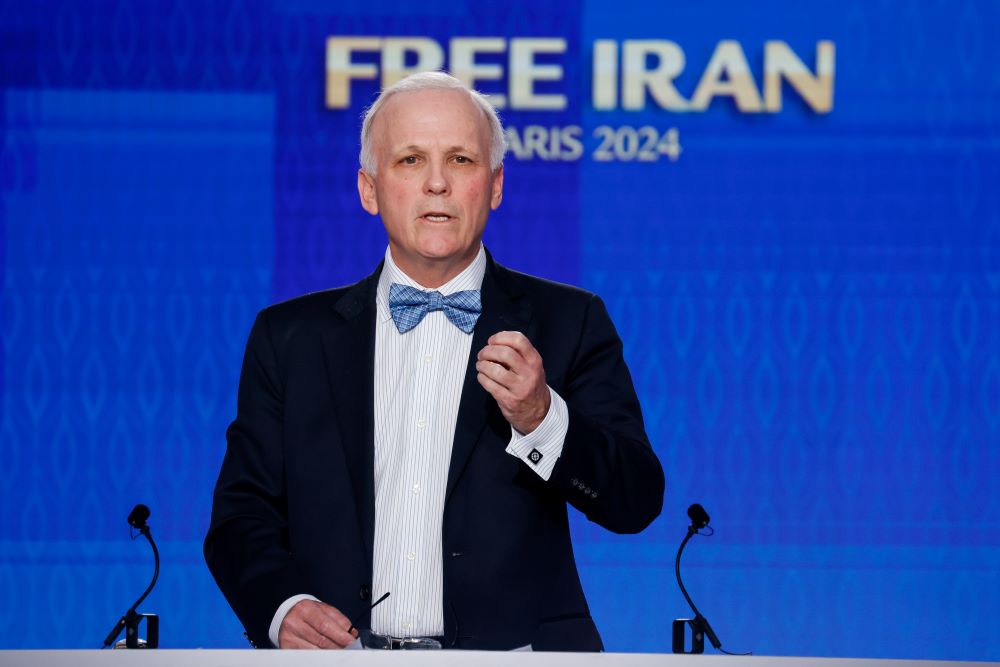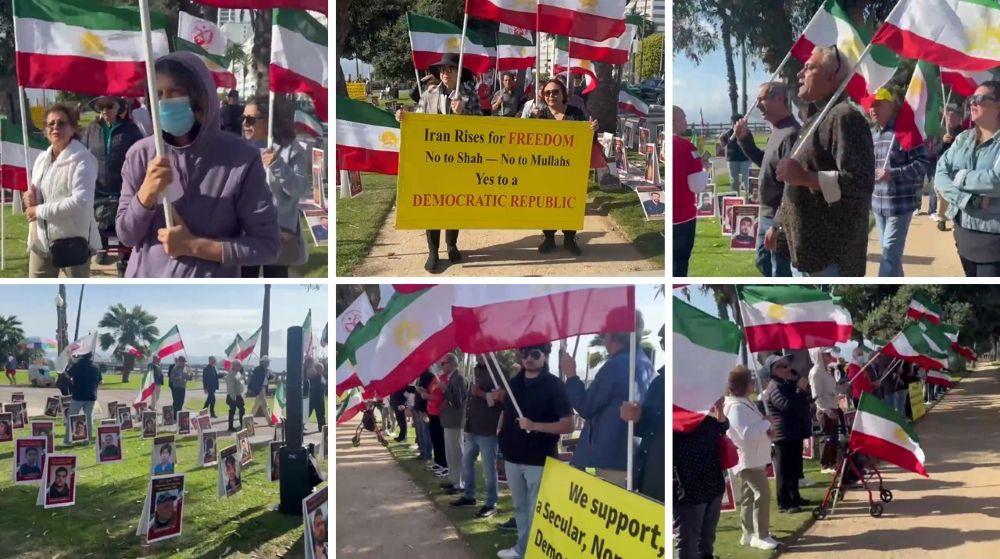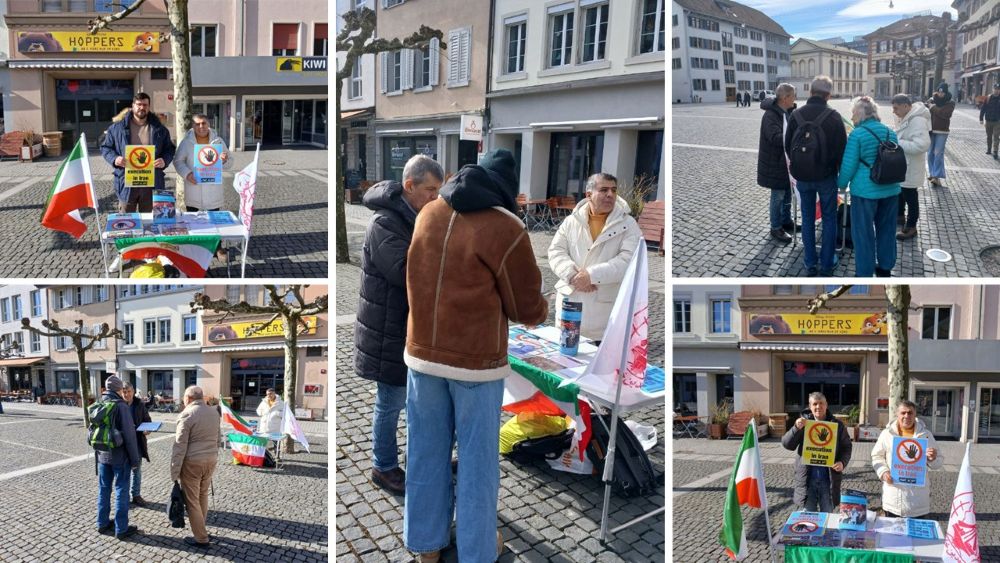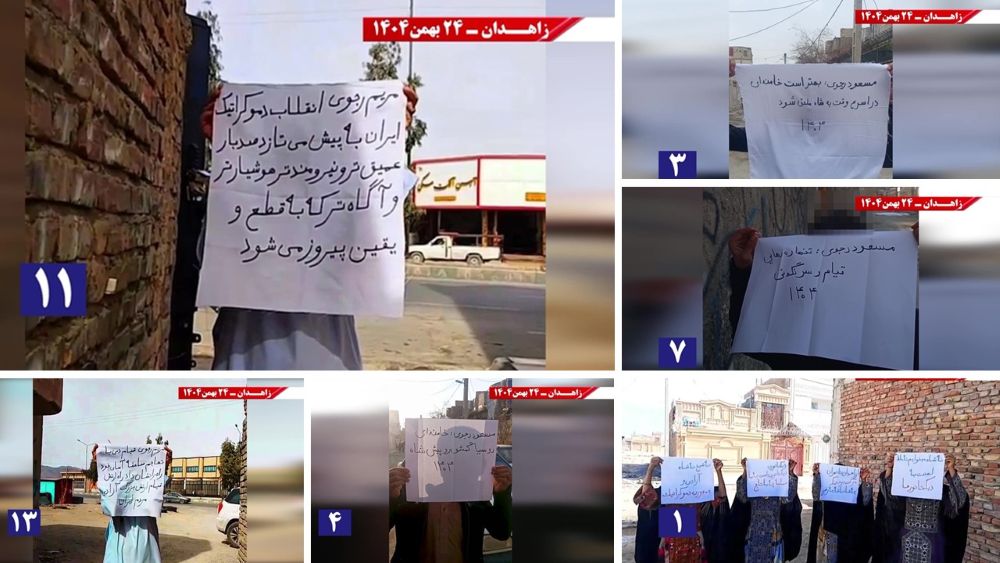
On July 1, 2024, at the Free Iran 2024 World Summit – Day 3 hosted at the National Council of Resistance of Iran (NCRI) headquarters in Paris, Dr. Mark Ellis, Executive Director of the International Bar Association and international criminal law expert, delivered a powerful speech.
1. International Criminal Law Expert Mark Ellis Demands Accountability for Iran's Atrocities #MaryamRajavi4FreeIran #FreeIran2024 https://t.co/FgLqKg4gD4
— Iran Freedom (@4FreedominIran) July 1, 2024
The full text of Dr. Mark Ellis’s speech follows:
Madam President, guests, it’s a great honor to be here.
I want to start with the need to remember the victims of repression, particularly Mahsa Amini and the other victims who were killed by the Iranian security forces. We shall never and should never forget these individuals, and we should always mention their names.
Make no mistake about it, the authorities in Iran are responsible for these serious violations of international law and the deaths that have occurred time and time again in the country. The use of unnecessary force, the use of arbitrary detention, torture, ill-treatment, and murder, are all the very most egregious violations of international law.
Most importantly for me as an international lawyer, they have reached the level of crimes against humanity and genocide. These are the most egregious of all the atrocity crimes, and they say much of what’s happening in Iran. They are part of a widespread and systematic policy and attack by the government against civilians, namely and particularly, as we have seen, women and those political activists who remain against the government of Iran.
The special rapporteur that the ambassador mentioned is exceedingly important in international law, and the reason it sets forth that the 1988 massacre was in fact crime against humanity and genocide. And the reason this is important is because it elevates this massacre to the level of universal jurisdiction across the world. And universal jurisdiction focuses on the most heinous crimes, and this report clarifies that that massacre reached that level of atrocities.
And in doing so, under the concept of universal jurisdiction, every state has a duty, a responsibility to ensure those who perpetrated these crimes are brought to justice. The universal jurisdiction focuses on the crimes themselves. This is the focus, and this is why it’s important for states to continue to interact and to engage and to support and embed this concept of universal jurisdiction.
It is true, as the ambassador said, Sweden, which had set forth a remarkable precedent in the use of universal jurisdiction, that the process ultimately failed. That is unfortunate. I don’t believe that any individual who has been found guilty of atrocity crimes, such as crimes against humanity, or genocide, should ever be part of a political bargaining chip for any matter.
But let us remember, as we go forward in this legal journey, that there is no statute of limitations for these types of crimes. And we have seen recently the use of universal jurisdiction, particularly in Syria. In Syria, countries such as Austria, France, Germany, Hungary, the Netherlands, Norway, Spain, and Sweden, have all used universal jurisdiction to focus attention on the atrocities committed in Syria. The same must be done in Iran.
And we are witnessing a rebirth of universal jurisdiction. Russia’s invasion of Ukraine has also provided an opportunity for the international community to embrace the concept of universal jurisdiction, to ensure that those who perpetrated the most heinous crimes understand that eventually they will be brought to justice. If not today, then tomorrow. If not tomorrow, then sometime in the future. Because that is what’s required under international law. And that is what we must do in focusing on the atrocities that have been committed in Iran.
Let us reinforce our commitment as an international community to ensure that those who have committed these crimes are brought to justice. Accountability is critical. Impunity, as Madam President said, is not an alternative. Accountability must be the focus of the international community to ensure that those who have committed the crimes and continue to commit the crimes in Iran are eventually brought to justice. This must be our mission.
Thank you very much.



